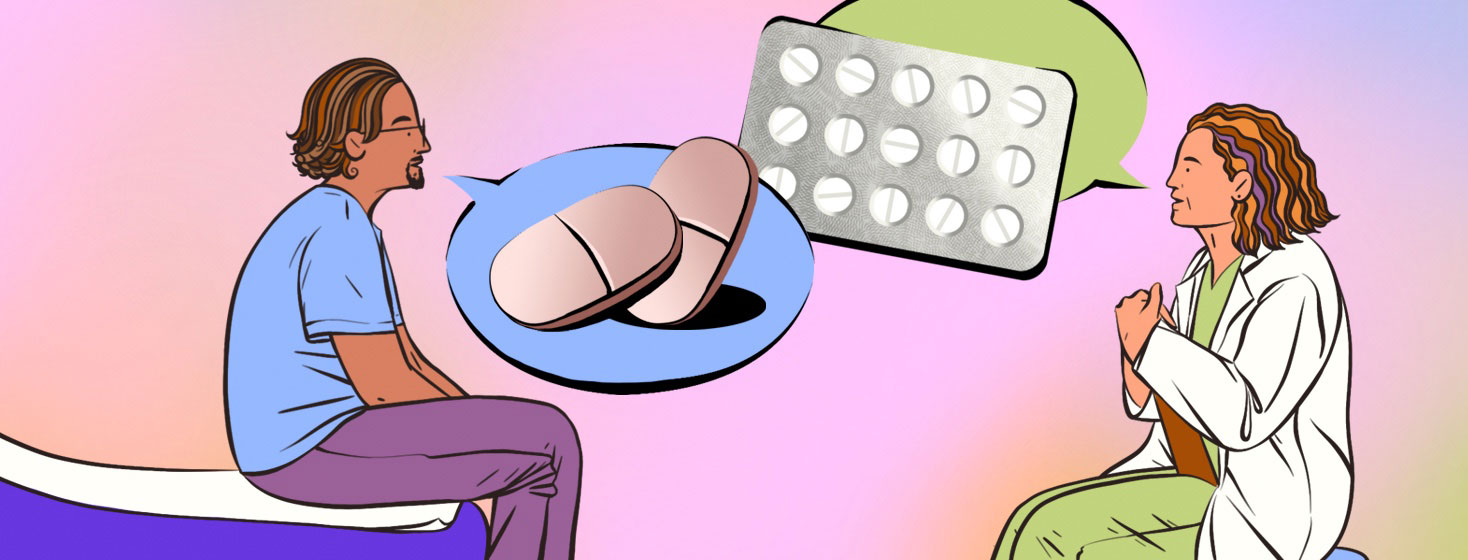Medication Prescribing Patterns: What Is Your Experience?
Many of my clients come to me because they are not happy with the side effects of their sleeping medicines. Also, they may not want to take them on principle, or the drugs simply may not work for them (but they are afraid to stop taking them). Something about their prescription just doesn't sit right.
I believe that efficiency pressures within healthcare systems may be causing more sleeping problems for people and making sleep worse. I think this is true not just for certain people but for society as a whole.
When a person complains about a sleeping problem, the doctor may try to help by giving them sleeping medicine. But appointments are often short, doctors get little training in sleep (so my doctor friends tell me), and many of my clients have never discussed an "off-ramp" from the prescription with their doctor.
Unfortunately, their horse has stumbled right out of the gate on this race to better sleep.
Challenges with insomnia treatment
Sleeping medicines actually are not the recommended first-line treatment for insomnia, according to many major world sleep and medical associations. Perhaps this is why people so often complain that their medicine isn't helping them. Many medications actually help very little and have very high levels of side effects.1-4
I think that having treatment problems early on, including side effects such as cravings, brain fog, and hangovers, actually makes my clients' insomnia worse. They wonder why they can't sleep, and they become frustrated. They try thing after thing to help themselves sleep. This frustration actually makes it more challenging! They get stuck in a cycle of anxiety, and their sleep gets worse instead of better.
Or they are prescribed sleeping pills with no plan for how to come off of them, and one day they want to. Quitting sleeping medicine is not just a physical challenge for some people, but an emotional one too. They are afraid they will not sleep if they don't take their med, so they stay on it longer than they might need to.
Prescribing problems
Given that this is so common in people with chronic insomnia, it might be interesting to look at prescribing patterns. It appears there has been a trend over the last few decades to be more conservative with prescription. However, there seems to have been an increase for people more recently diagnosed (in Australia, anyway!).3
The types of medication also seem to have shifted. There are fewer prescriptions for benzodiazepines and more prescriptions for drugs like zopiclone. This change may be happening for the same reasons it is happening in Japan. There, prescriptions of benzodiazepines have dropped as other medicines have become more popular.3,4
Another reason why treatment may not be as successful as it could be is that most sleeping medicines for insomnia seem to be prescribed by primary care providers (PCPs). Improving sleep training for PCPs may help these initial encounters be more successful.
Some people benefit most from a referral to a board-certified sleep medicine specialist. But this referral would not be appropriate for every person. Sleep medicine specialists see people with a large variety of complex sleeping situations and treat a wide variety of sleep conditions. Insomnia makes up only about 12 percent of their patient base. Also, not everyone has access to a sleep medicine specialist.5
Sleep medicine specialists may be most appropriate for situations where a person has more than 1 sleep disorder diagnosis or their initial treatment was unsuccessful.
Evolving approaches and collaboration
As more medicines become available and as more providers become trained to treat insomnia with sleep therapy approaches, it will be interesting to see what happens with prescribing patterns. Perhaps initial referrals to sleep therapy will increase – helping people sleep better with fewer side effects! This may, in turn, free up space in doctors' offices for those who need more or different care.
Has your doctor changed your prescription because of side effects or the approval of a new sleep medicine? Was it a collaborative decision? The community would love to hear about your experience.

Join the conversation